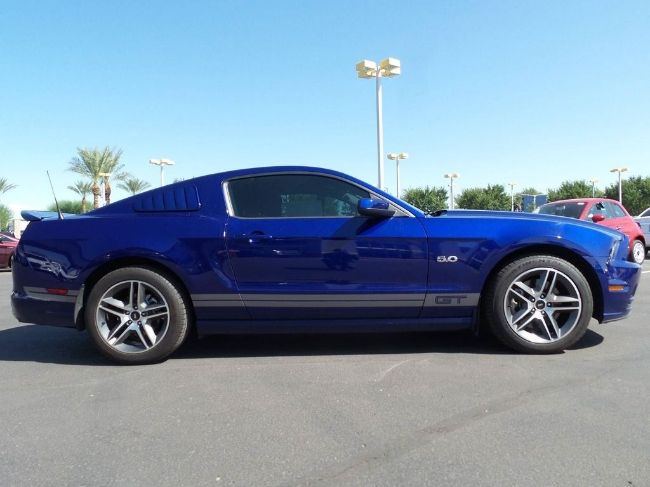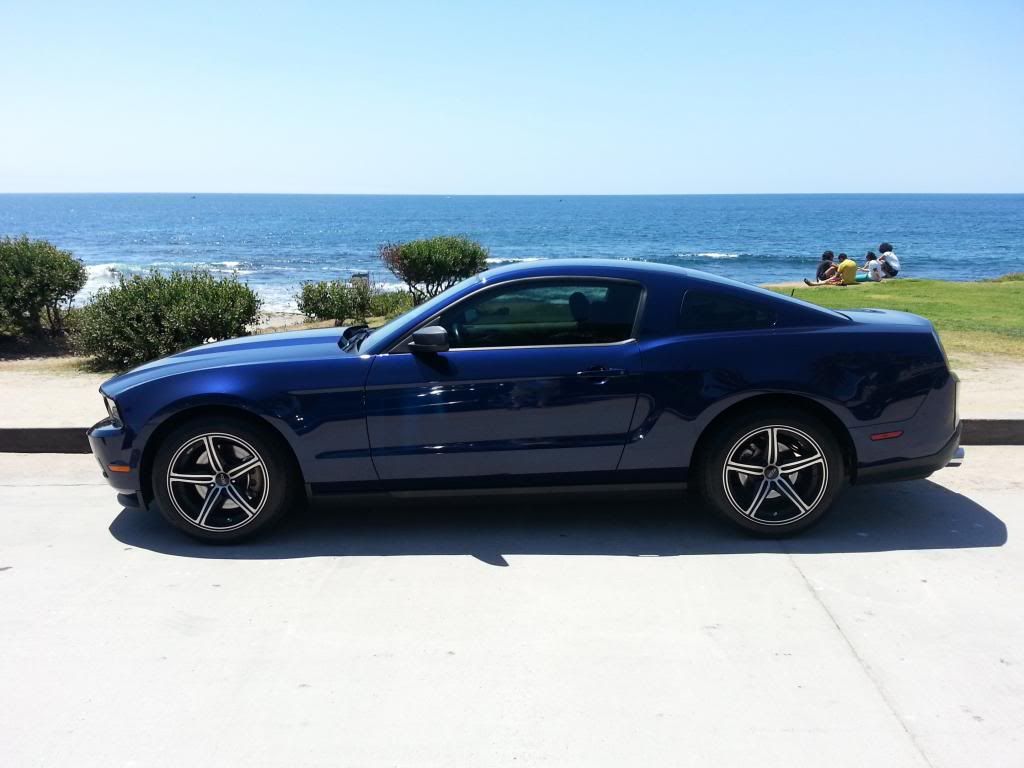The Ford hybrid is like the Toyota, both electric motor and gas engine in the drive train. The electric motor is rated at 88 kW (about 117 HP) and a 2.0 L Atkinson cycle engine rated at 141 HP. The plug-in version can be run in electric only mode until the main battery gets depleted. Together the electric and gas will produce 195 HP.
CNG is mostly methane, and propane is...propane. A big difference is that CNG (compressed natural gas) is compressed, where your liquid propane is...liquid. There's also LNG which, pretty obviously, is liquid natural gas. The energy density (energy per unit volume) of the liquid is a lot higher than the gas, simply because the liquid is a lot denser than the compressed gas. The problem with liquid fuel in a tank is that it's not nearly as readily available to burn as the compressed form. The gas you burn in your bbq has to evaporate off the surface of the liquid before it gets to your burner.
The energy densities of LNG, liquid propane and liquid butane are all pretty similar. This chart shows energy per unit volume on the vertical axis and energy per unit mass on the horizontal. Notice that the CNG (at 250 bar) has the same energy per unit mass as LNG but a lot lower energy per unit volume.

Microturbines were a big deal about 10 or 15 years ago, and were thought to be the prime mover of the future for cars by a lot of people. Capstone has been selling 60 kW (and larger) natural gas microturbines for on-site (distributed) electric generation since the 1990s. There are two big problems with microturbines.
1) They're less polluting than gasoline engines but their electrical efficiency isn't really any higher. They have an advantage for combined heat and power (CHP) applications because they produce a very high quality (i.e. high temperature) waste heat that can be recovered and used for heating water or for other processes. This doesn't really give them any advantage in automotive applications.
2) They're a maintenance nightmare. The compressor-turbine section rotates at about 96,000 RPM. I haven't worked with these things for several years but they were always breaking down. Not what you want for a car. Compared to an electric motor, which is almost maintenance-free, they pretty much suck dependability-wise.









